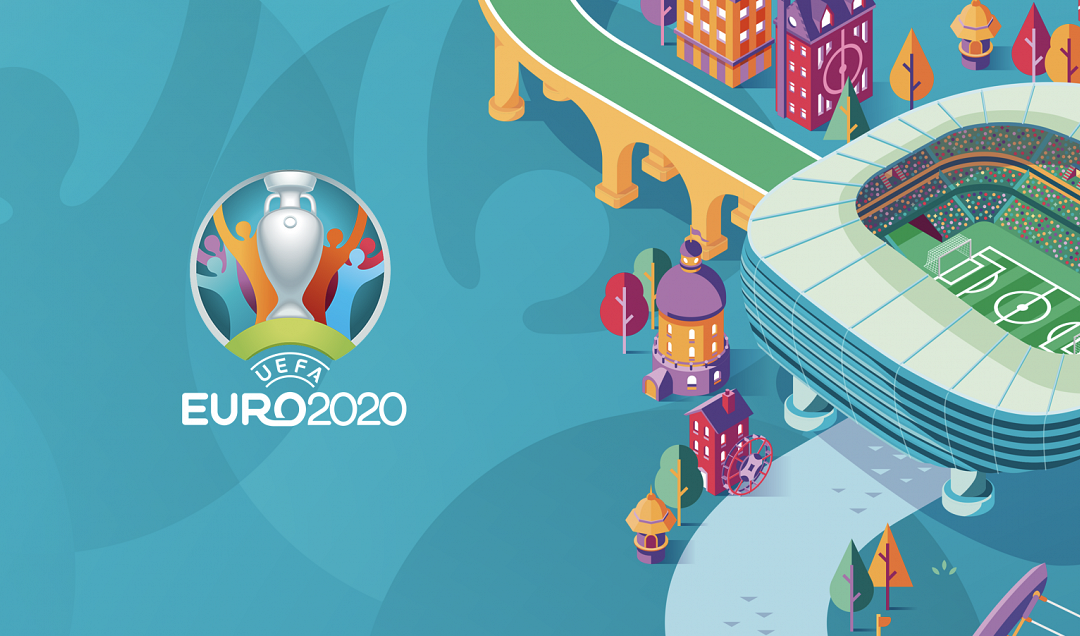After the outbreak of coronavirus COVID 19, almost all football activity has been put on hold. As major leagues around the world came to a halt, upcoming tournaments were also postponed. UEFA also announced the postponement of its flagship national team competition, UEFA EURO 2020. UEFA EURO 2020 was scheduled to take place in 12 cities across Europe from 12 June to 12 July 2020. The proposed new dates are from 11 June to 11 July 2021. But during this period of home quarantine, our team has got you covered. Today we are going to look back at some of the best teams that graced the most popular & exciting continent level football competition.
Spain (2008)
No such list would be complete with Spain’s golden generation which won 2 Euro’s & a World cup in consecutive tournaments. The Tiki-Taka experts played with flair & got down ugly when the situation called for. The memories of Spain’s greatest era are still fresh. The 2008 side may be remembered more fondly – they had significantly less possession but were far more progressive. The freshness made Spain more exciting and meant that opposing teams were not putting 10 men behind the ball. Time has partially forgotten players such as Marcos Senna, the defensive midfielder who had a wonderful tournament, and Carlos Marchena. Two wallopings of a good Russian side – 4-1 in the opening game, 3-0 in the semi-final – stood out. They even had not one but two centre-forwards in Fernando Torres and David Villa. Who can forget Torres’s run & finish in the 1-0 win over Germany in the final?
France (2000)
Fresh off winning the World Cup in 1998, France were deserving champions of the Euro Championship. First the world & then Europe. France may have done things the wrong way round when it came to global domination but the way they developed their team was so logical as to verge on cliché. At the 1998 World Cup they relied largely on one of the great defences. Two years later they had found a comparable attack. Better still, they played with the freedom of a team that had established themselves as winners – and who didn’t have to endure the mixed blessing of being hosts. The team spearheaded by Zidane & ably supported by Deschamps, Vieira, Pires, Henry & Trezeguet. The final was a perfect demonstration of so many of France’s qualities: strength in depth, enormous mental strength, and the aura of a team who had got better since becoming world champions.
Holland (1988)
Like other teams in the list, even Holland needed to assemble a golden generation of players to finally win a major finals tournament. It was the era of Van Basten, Ruud Gullit, Frank Rijkaard and Ronald Koeman. They did not always have the substance to match their obvious style. They had significant moments of luck in all four of their victories. But when they were good, they were breathtaking. It’s hard not to be charmed by them. The semi-final against West Germany had weird echoes of 1974 final. There were penalties at both ends and the winners got back into the match through a dodgy spot kick. Even the winning goals resembled each other. Van Basten’s iconic volley left coach Rinus Michels staggering around dazed on the touchline, his hand over his face in gratitude and disbelief. And they won the final against the last great USSR side, who had beaten Holland in the opening game.
France (1984)
Michel Platini – the man’s image comes up when you think of Euro 194. He scored nine times in five matches to help France, the hosts, win their first major tournament. Nobody has scored as many European Championship goals in an entire career, never mind a tournament. Platini scored all types of goals, including a brilliant diving header as part of a perfect hat-trick against Yugoslavia, his second in two games after another in the 5-0 thrashing of Belgium. He also scored the 118th-minute winner in the 3-2 semi-final victory over Portugal. The final was a nervy 2-0 win over Spain but no one could argue with France’s triumph. The narrow focus is harsh on some other excellent players, particularly the goalkeeper Joël Bats, the classy defender Maxime Bossis and the left-back Jean-François Domergue,
West Germany (1972)
Ramba Zamba Fussball, the name given to the colourful & vibrant style of West Germany in the early 1970s. Equipped with the golden trio of Beckenbauer, Netzer & Muller, Germany was a ruthless game-winning machine. The first goal in the final showed the best of all three: Beckenbauer’s run from the halfway line, Netzer’s improvised volley off the bar and Müller’s finish. Müller was not a natural goalscorer; he was a supernatural goalscorer, with an eerie awareness in the penalty area. Even though Müller scored twice in both the semi-finals and the final, the tournament belonged to Netzer. After the final, as German fans trolleyed pints of Happy until the small hours, residents of Brussels complained to one policeman about the noise. They felt the short shrift of the law. “With a team like Germany,” he said, “there’s good reason to celebrate.”
Tell us which side of these is your favourite?
![]()

